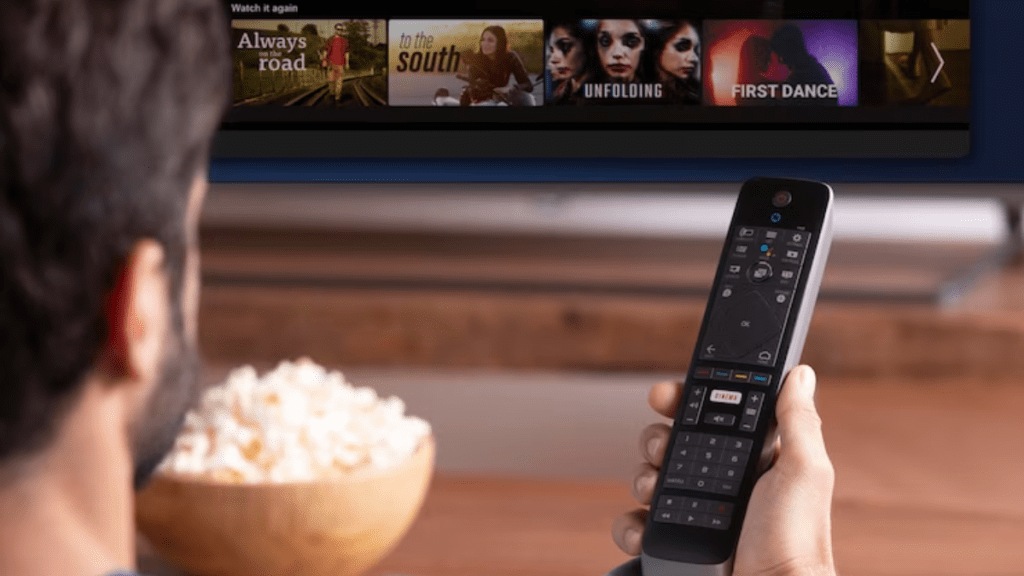The announcement of a joint venture between Reliance Industries (RIL) and Walt Disney by combining the businesses of Viacom18 and Star India, has led rival broadcasters, OTT and DTH players rush to information and broadcasting ministry and the Telecom Regulatory Authority of India for a regulation which prohibits discriminatory tariffs in the OTT space.
Currently, discriminatory tariff is not allowed in the telecom services and linear TV space. This means that broadcasters need to provide to all TV channels and DTH operators their services at the same rates. The downlinking norms state that all content sharing needs to be on the basis of “Must Show, Must Provide” basis.
Broadcasters, OTT aggregators and DTH operators Fe spoke with said that in the absence of a non-discriminatory tariff regime in the OTT space, there’s a possibility that Disney-Hotstar, RIL may bundle the Hotstar content with Jio’s plans and may provide it to consumers for free and charge other rival operators for the same. For example, Airtel, which currently is an aggregator of content via Airtel Xstream may tomorrow lose consumers to Jio-Hotstar because of the latter’s exclusive rights for a certain type of content.
In the linear TV space, however, the DTH and the cable TV operators, can demand content from broadcasters for their subscribers. Due to the government’s regulations on mandatory sharing or must-provide content, broadcasters cannot deny access for the same to DTH operators, and the rates also need to be the same. The RIL and Walt Disney JV, will see the merger of digital streaming television assets of both the companies, which will make them a leader across entertainment and sports.
The combined entity will create a broadcasting giant with a 40-45% ad market share. In the Digital OTT space, the combined entity own a 34% market share with Jio Cinema and Hotstar. When asked if Jio would be allowed to bundle Hotstar content exclusively for its subscribers, and if that would not violate discriminatory tariff policy, a Trai executive said the tariffs are under forbearance and Jio can do that.
Karan Taurani, senior vice president – research analyst (media, consumer discretionary, and internet) at Elara Capital said, “the merger of JioCinema and Hotstar will challenge global OTT platforms, as the Indian market values bundling and is price sensitive”. According to Taurani, the combined entity can offer a comprehensive package, including web series, movies, sports, originals, and a global catalogue.
“This bundled premium plan, possibly in collaboration with Jio’s large subscriber base, may hinder the ability of global OTT platforms to raise average revenue per user (ARPU),” he said. Some industry executives, however, feel that the RIL-Disney combine will not practise discriminatory tariff, at least for the next 4-5 years.
This is because the company will earn more revenue if the content is shared by other platforms as well. “Today, Jio is not charging its subscribers for content such as live sports and has an ad revenue model. The amount of ad rates are decided basis the number of subscribers,” an industry executive said, adding that if Jio does not allow access of its live sports to Airtel subscribers then it might affect the former’s revenue.
According to some analysts, the same could also affect Airtel as it will now have to invest in its own content creation or partner exclusively with OTT content apps for original content to their subscribers. This is because, the market share is currently in favour of Jio and with bundling offers, the RIL-owned company might be able to widen the gap.
Last year, Airtel CEO Gopal Vittal had said the company does not intend to enter content creation business and would only focus on the aggregation and distribution of content.

